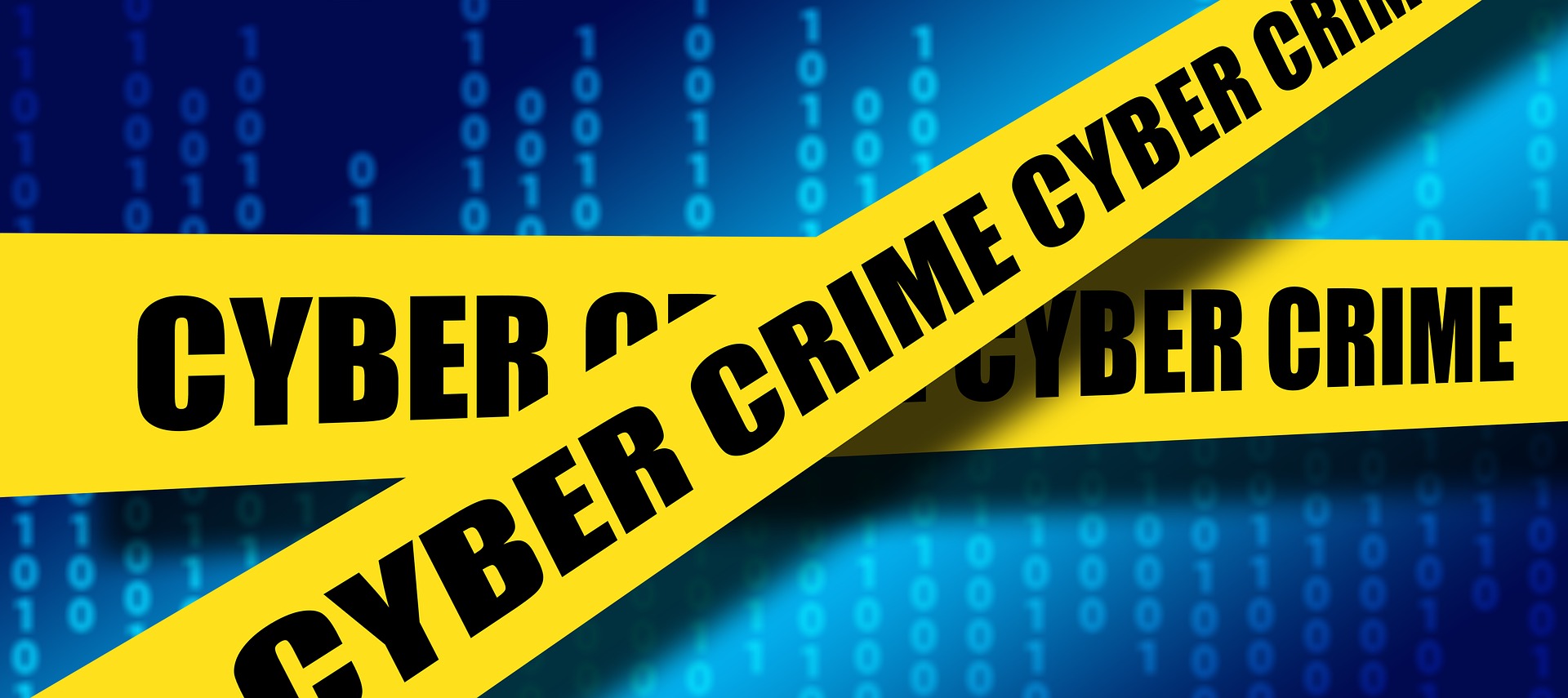10 ways to help reduce the risk of cyber and ransomware attacks?
No doubt, working virtually and online has become essential and does have its own advantages, it also increases the chance of scams and online security breaches. A single cyber-attack could severely damage your personal and business’s reputation, and the businesses bottom-line. Cyber-attacks on high-profile businesses like Target and Sears have raised public awareness of the rising threat of cybercrime. In 2019, 88% percent of organizations worldwide experienced spear phishing attempts. It is estimated that human negligence was the main cause for 95% percent of cybersecurity breaches. Hacking was used in 45% percent of breaches, while ransomware was used in 17% percent and phishing was used in 22% percent. In 2022, the global information security sector is expected to reach $170.4 billion!
According to a digital protection expert, Grubman Shire Meiselas & Sacks, a major media and entertainment law company, claims to have been the target of a cyberattack that resulted in the theft of an enormous batch of private information on hundreds of celebrities, including Lady Gaga, Madonna, and Bruce Springsteen, to name a few. According to an image of the hackers’ post provided to Variety by Emsisoft, a cybersecurity tech and consulting company specialized in ransomware, the trove of data reportedly stolen from the New York-based firm by hackers — a total of 756 gigabytes — containing contracts, nondisclosure agreements, phone numbers, email addresses, and “personal correspondence.
Moreover, because of the recent trends due to the effects of a global pandemic, cybersecurity statistics demonstrate a significant increase in hacked and breached data from sources that are more common in the workplace, such as mobile and IoT devices. On the other hand, according to recent studies undertaken by the Small Business Authority, Symantec, Kaspersky Lab, and the National Cybersecurity Alliance, many small business owners are still dealing under a false sense of cyber security. Unfortunately, 60% percent of small businesses close within 6 months of a cyber-attack, according to a recent Inc. report. The vast majority of small businesses in the United States do not have a formal Internet security policy in place for their employees, and only about half have even basic cybersecurity measures in place. Clearly, no company, regardless of size or industry, is immune to cyber risk. However, by taking basic measures to defend themselves and their company online, all companies can mitigate any of the risks.
Here are few examples of what you can do:
1. Back up the critical system infrastructure and data on a daily basis. Keep copies off-site in a secure location and double-check that they function properly. Check and verify if you can recover your data from your backup on a regular basis.
2. Install and update anti-virus and anti-malware applications on all of the computers on a daily basis. Cyber-attacks often occur when the systems or software are out of date, thus leaving vulnerabilities. Cybercriminals take advantage of these vulnerabilities to obtain access to the network. It’s always too late to take preventative measures once they are in. To combat this, it’s a good idea to invest in a patch management system that can keep track of both software and system updates, ensuring that the system remains secure and up to date.
3. Keep your operating system, web browser, and any other applications on your computers secure by installing any new security patches. In certain cases, you can either configure the app to auto-update or manually download the software updates.
4. Create strong passwords that you change on a daily basis. For additional security, consider using two-factor authentication.
5. Use unique passwords for various websites/services, or use a reputable password manager.
6. Encrypt all sensitive information and never send passwords or other sensitive information via email without encryption.
7. Be cautious of clicking on links sent to you in emails, social media platforms/apps, or unknown websites to avoid phishing or ransomware.
8. Use a firewall to make sure the internet router/firewall firmware is up to date.
9. If you run a Wi-Fi network, make sure it’s encrypted (e.g. WPA2) and that you update the password on a regular basis.
10. If you’re using public Wi-Fi or an insecure network to connect your systems, use a VPN (virtual private network), or use your own hotspot to connect to the internet while out in public.
With ransomware and other cyber-attacks on the serious rise, it’s critical for businesses of all sizes to have the best monitoring and prevention techniques in place to protect themselves. The first move is to learn the basics. A strong backup plan, in combination with vulnerability or risk analysis and employee training, can help deter cyber-attacks. These minor investments will save the company money in the long run, its online reputation and security, as well as safely protecting your customers information.
With the major rise in ransomware and other cyber-attacks, are you ready to get serious about your cyber security solution? Our cyber security Eggsperts are ready to help with protecting you and your business from the threats of the online world.
Contact one of our Cyber Security Eggsperts now! We are ready to help with a complete cyber security solution for you, your business, and home today, by calling (760) 205-0105 or emailing us with your questions, service requests, or even just to chat.


0 Comments